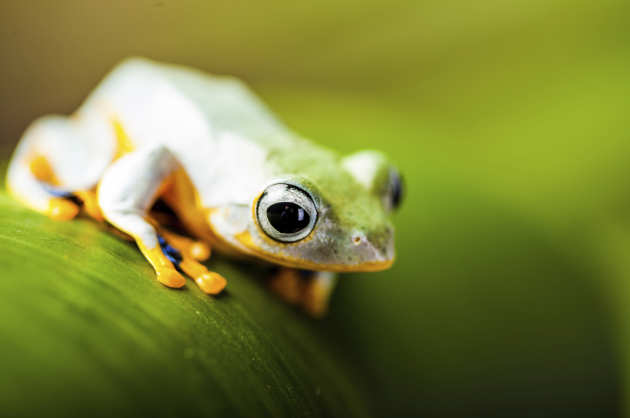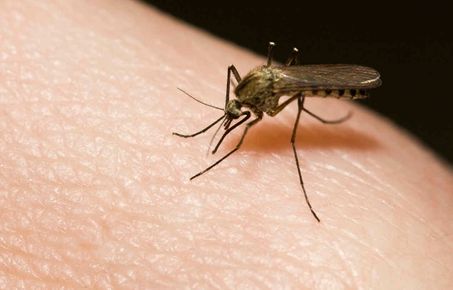
Infectious diseases threaten individual wellbeing, are a major public health burden, can impact economies and, as most recently seen with the west African Ebola outbreak, can have international consequences in places far removed from their origins. Infectious diseases can also threaten agricultural systems and wild plant and animal biodiversity. Understanding what factors drive the emergence and shape the global distributions of infectious diseases is thus of considerable public health, economic and conservation importance.
Changes to ecological, climatic, demographic and social conditions can all promote infectious diseases in various ways. We study the roles of global environmental change in shaping infectious disease risks, generally by focussing on disease systems where humans, biodiversity and ecosystem health interact. The unifying theme is that the health of people and the planet are deeply and demonstrably interdependent. We place a premium on discovering, describing and leveraging the under-recognised health co-benefits of mitigating and adapting to global environmental change in the context of infectious disease risks.
--tojpeg_1432897484045_x4.jpg)

